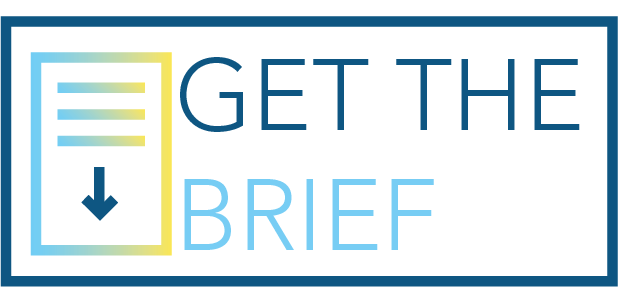Teacher Education Supervisor Priorities and Concerns: Ongoing professional learning needs related to social justice and equity practices
Rebecca Ambrose (UCD), Jane Kim (UCLA), Lisa Sullivan (UCD), Johnnie Wilson (UCSC), Evelyn Young (UCI), Andrew Hood (UCD), Adria Patthoff (Ventura College)
This brief centers the particular role of supervisor, individuals who act in the intermediary space between university coursework and fieldwork. Supervisors work in liminal spaces at the border of the university and TK-12 settings, requiring deep knowledge of TK-12 contexts, and a complex array of other skills (e.g., building trusting relationships, coaching, providing feedback, navigating school contexts, and promoting critical reflection in teacher candidates). With limited support in their roles the reality is that “supervisors suffer overwhelming workloads, feel marginalized by their institutions, lack ongoing training, and are often unclear as to what their role is” (McCormack, Baecher, & Cuenca, 2019).
Through annual conferences and post-conference small group meetings, STENT built and worked to maintain a community of practice that evolved with the challenges and obstacles brought by individual institutions, political and cultural tensions, and local needs. Through pre-conference surveys and post-conference small group discussions supervisors shared valuable feedback and perspectives about their work. Analysis of the data yielded the identification of three distinct, interrelated, and ongoing professional learning needs related to social justice and equity practice, united by an overarching theme: to professionalize the role of supervisor.
